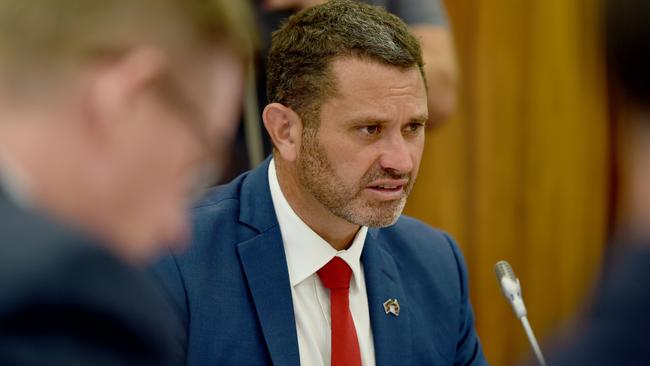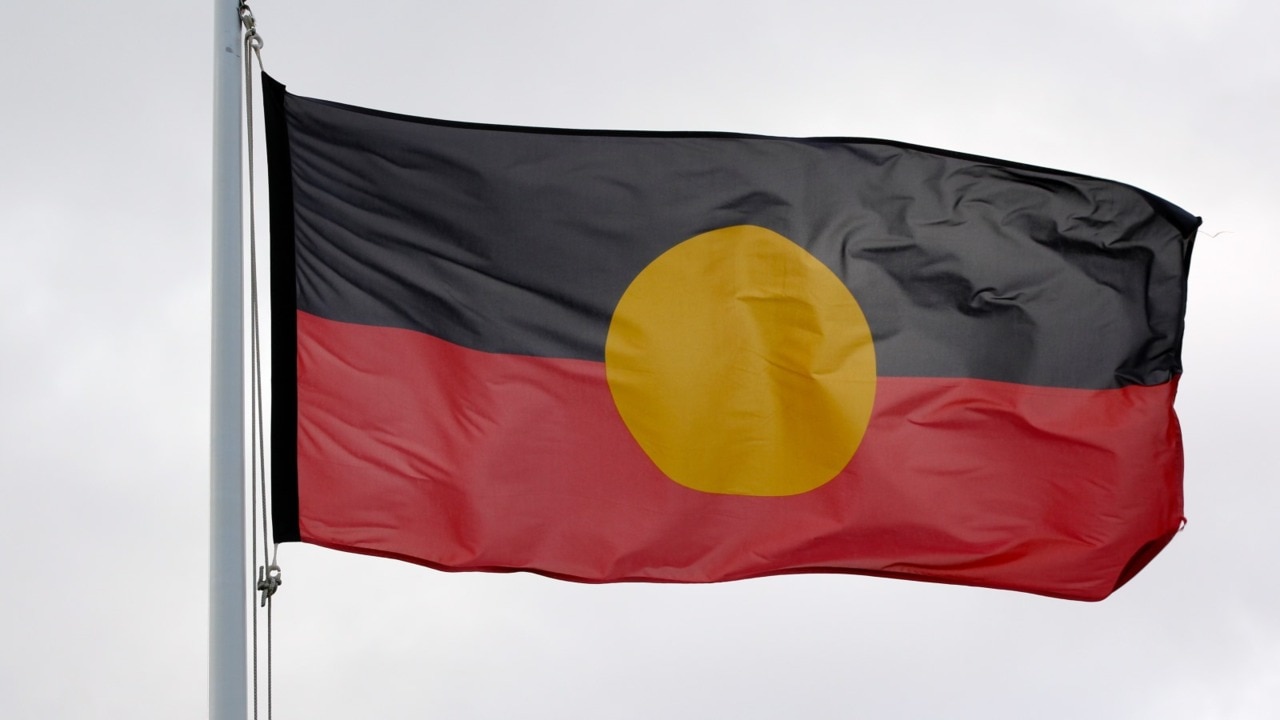SA Voice will divide us: Indigenous elder
There are fears that the SA Voice model could leave smaller traditional language groups unrepresented.

The Aboriginal group at the centre of a call for South Australia to postpone this weekend’s inaugural Indigenous voice election has warned of deeper divisions between Aboriginal communities and families if it goes ahead.
Robert Lawrie, a senior elder from the Mirning community of South Australia’s west, told The Australian he was yet to receive a response from SA Aboriginal Affairs Minister Kyam Maher to his request for an urgent meeting to discuss their concerns.
The Australian earlier this month revealed Mr Lawrie and the Mirning people had written to Mr Maher to express their deep concerns about the potential for the voice to exclude smaller language groups in the state.
Mr Lawrie said he had been in discussions about the SA voice with other elders in different Indigenous communities. None of them, he said, was aware of the First Nations Voice Act which passed the SA parliament last year and all were “shocked” to hear the details of the new model.
“Once the vote goes ahead, the ramifications would be too terrible to imagine,” Mr Lawrie told The Australian.
“Innocent Aboriginal people within South Australia will become victims of a controlled process that will further divide families and communities, whilst a small handful will make decisions affecting all Aboriginal people without majority support and without traditional integrity.”

The Mirning people are concerned that the ability of larger language groups to outvote smaller language groups will leave many Indigenous communities unrepresented under the new state voice.
Mr Lawrie’s Mirning people have been involved in long-running disputes over who the traditional owners of their lands and seas are, with the Mirning arguing that larger groups with only relatively recent ties to the region have claimed, or attempted to claim, those areas.
Mr Lawrie has warned the structure of the SA voice, in which people would be elected to represent six different regions of the state, could lead to a person representing Indigenous communities outside their traditional language group. Such a situation, he said, was against Aboriginal traditional customs and practice.
Some 116 people have nominated across the six regions. Early voting began last week ahead of the full election this Saturday.
The voice was designed to establish a “direct line of communication” between Indigenous communities and key decision makers, including state parliament, state government, and the heads of government agencies.
The model was developed via months of consultations with Indigenous communities. But Mr Lawrie said it should have first been agreed to by the elders of all traditional language groups. Such a public process, he said, would have been more in line with traditional inter-group discussions and negotiations.








To join the conversation, please log in. Don't have an account? Register
Join the conversation, you are commenting as Logout